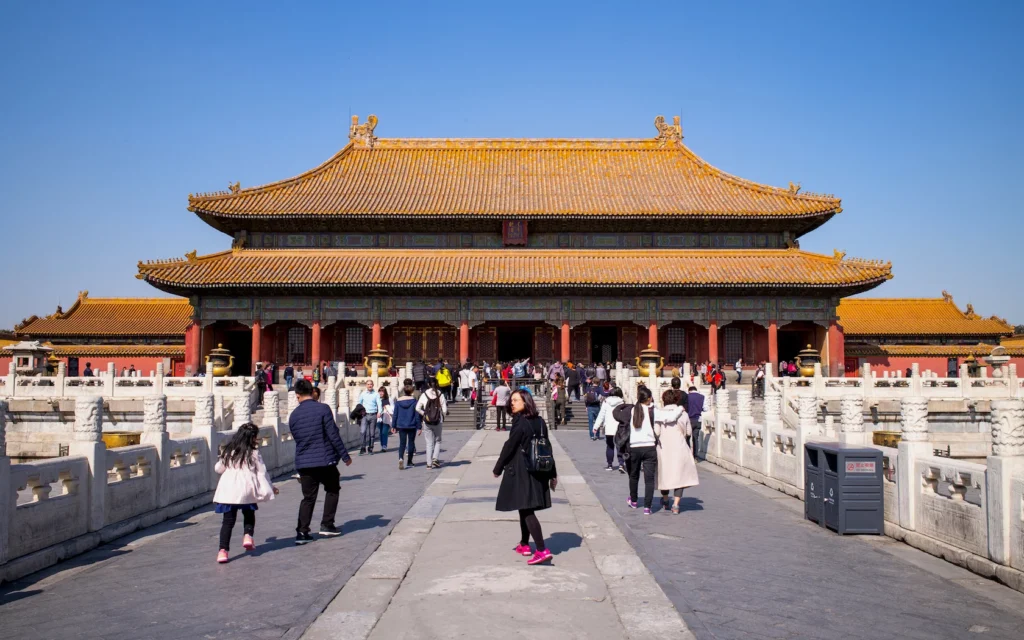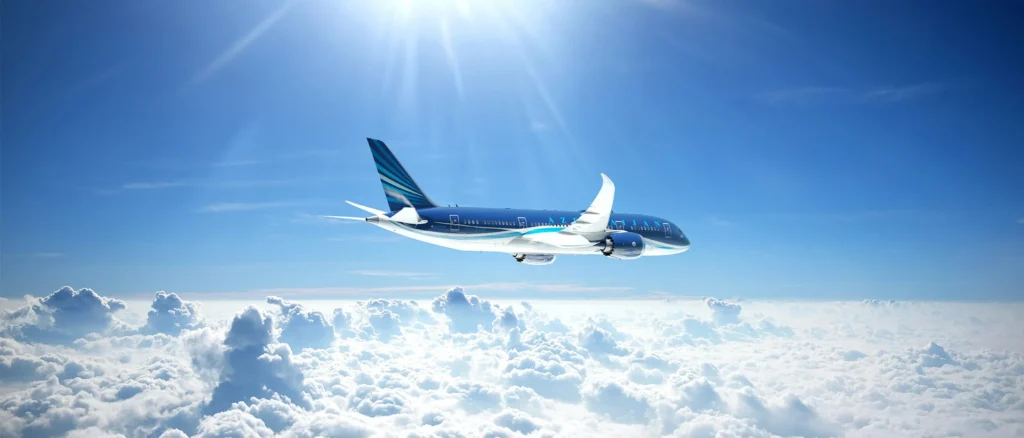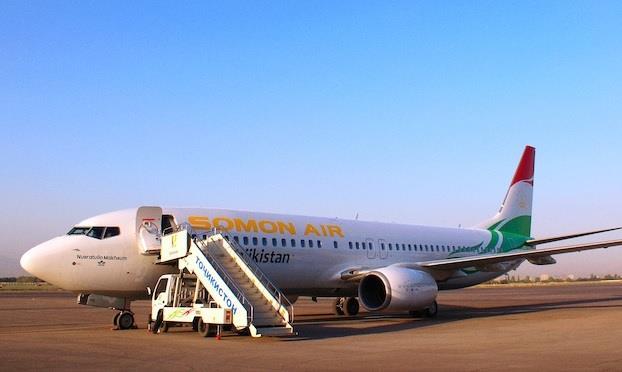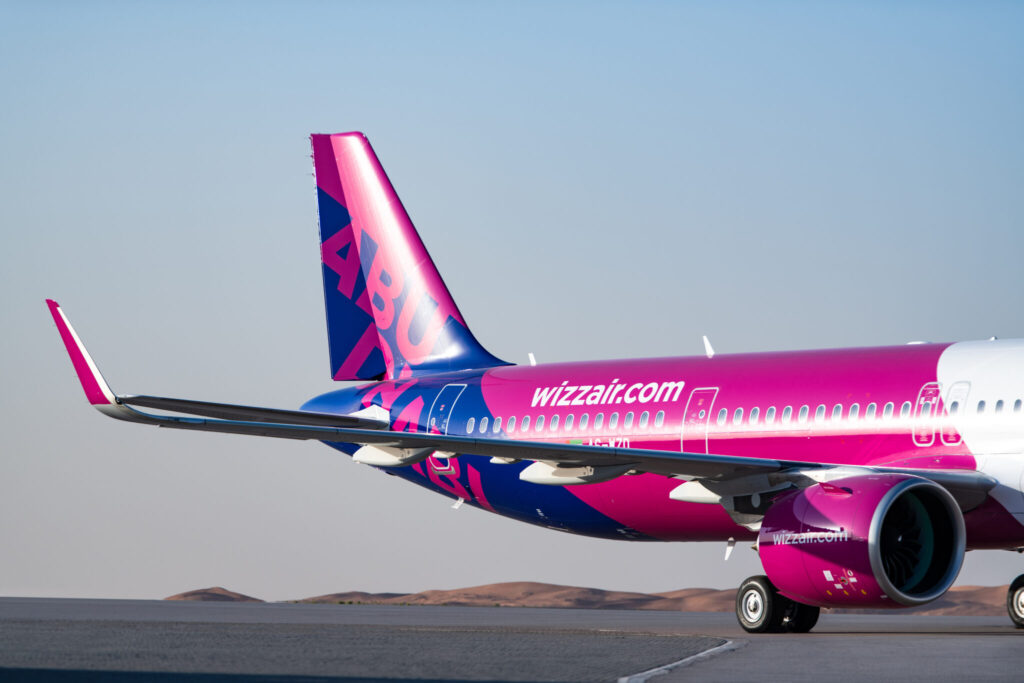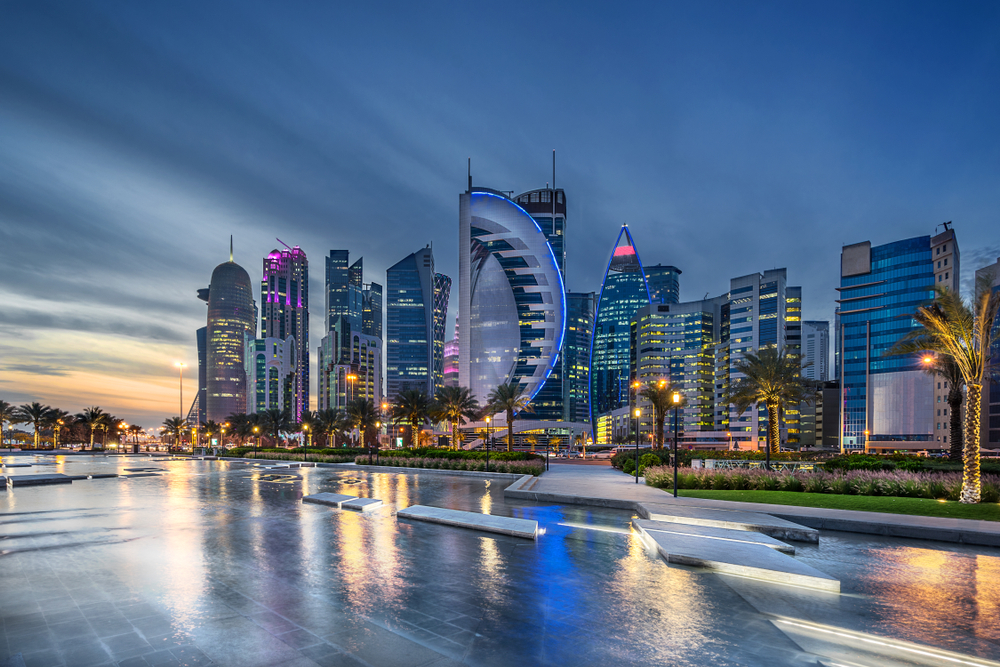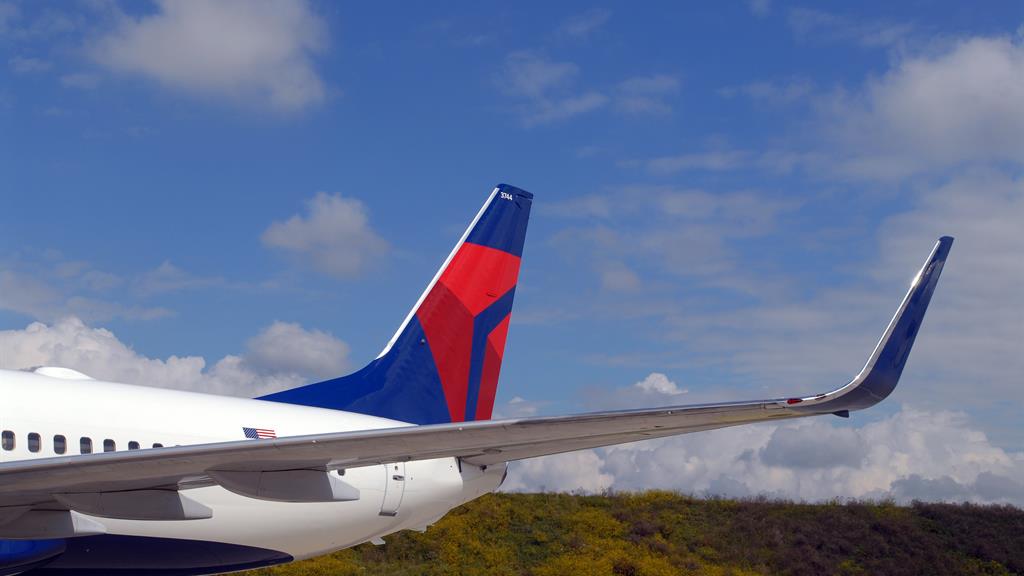The post Delta to introduce nonstop service between Los Angeles and Melbourne from Dec 2025 appeared first on TD (Travel Daily Media) Travel Daily Media.

Delta is further strengthening its presence in Australia and the South Pacific with the launch of nonstop service from Los Angeles (LAX) to Melbourne (MEL), beginning December 2025.
Delta is further strengthening its presence in Australia and the South Pacific with the launch of nonstop service from Los Angeles (LAX) to Melbourne (MEL), beginning December 2025. This new route combines easy connectivity to one of Australia’s most dynamic cities with the award-winning service Delta customers know and love. Additionally, travelers will enjoy the state-of-the-art Airbus A350-900 and Delta’s premium facilities at LAX, including the world-class Delta One Lounge.
“Delta’s new service to Melbourne reflects our commitment to connecting customers with the world’s most exciting destinations,” said Paul Baldoni, Senior Vice President of Network Planning at Delta. “As the largest carrier at LAX, we’re proud to provide a premium experience, whether customers are exploring Melbourne or connecting through our Los Angeles hub to destinations around the globe.”
Discover Melbourne: Australia’s cultural capital
Melbourne isn’t just a destination, it’s an experience. Known as Australia’s cultural capital, the city is full of creativity, flavor, and adventure. Explore its dynamic arts and music scene, from world-renowned galleries to vibrant street art. Savor the city’s food culture, where award-winning restaurants meet hidden laneway cafes or catch the excitement of iconic sporting events like the city’s Grand Slam tournament.
For nature lovers, Melbourne is the perfect gateway to some of Australia’s most breathtaking landscapes, including the dramatic cliffs and pristine beaches of the Great Ocean Road, the vineyards of the Yarra Valley, and the penguins of Phillip Island. Whether you’re an explorer, foodie, or sports fan, Melbourne promises a one-of-a-kind adventure waiting to be discovered.
This new route makes Melbourne Delta’s third nonstop destination in Australia, joining Sydney and Brisbane, and expands Delta’s reach in the South Pacific to five cities, including Auckland and Papeete.
A premium journey starts at LAX
Delta continues to elevate the customer experience at Los Angeles International Airport, offering convenience and luxury at the start of your journey.
From LAX, the airline offers over 150 peak-day departures to nearly 60 destinations. For travelers coming from Melbourne, Delta provides convenient connections to more than 40 cities across the U.S., including major hubs like New York (JFK), Boston (BOS), Seattle (SEA), and Atlanta (ATL).
Delta One customers can enjoy the Delta One Lounge at LAX, featuring seating for nearly 200 guests, premium food and beverage offerings, one-on-one hospitality, a wellness area, and more. The lounge is conveniently connected to the dedicated Delta One Check-in, complete with white-glove service and private TSA screening, allowing guests to move from curb to lounge in minutes. Digital ID at LAX allows eligible customers to check bags and move through security without showing a physical ID, providing a more streamlined way to navigate the airport.
Delta’s $2.3 billion transformation at LAX features the Sky Way at LAX and the modern Terminal 3, a 1.2-million-square-foot, 27-gate complex. Highlights include a centralized check-in lobby, an expanded security checkpoint, and an award-winning Delta Sky Club.
An elevated standard for long-haul travel
This route will operate on the Airbus A350-900 with four product experiences: Delta One Suites, Delta Premium Select, Delta Comfort+ and Main Cabin.
Delta One customers experience increased privacy and the luxury of a fully reclining seat, accompanied by plush bedding crafted from recycled materials, artisan-made amenity kits, chef-curated meals and additional comforts.
Meanwhile, Delta Premium Select passengers enjoy a wider seat with a deeper recline and an adjustable footrest and leg rest, an enhanced dining experience and various other thoughtful amenities.
Customers can also anticipate a recently refreshed food and beverage program featuring carefully curated menu selections, including specialty snacks, as well as a premium array of beer, wine and spirit choices. And all passengers can enjoy a wide selection of in-flight entertainment options, with complimentary access to 1,000+ hours of content on Delta Studio.
The post Delta to introduce nonstop service between Los Angeles and Melbourne from Dec 2025 appeared first on Travel Daily Media.
Source: traveldailymedia
